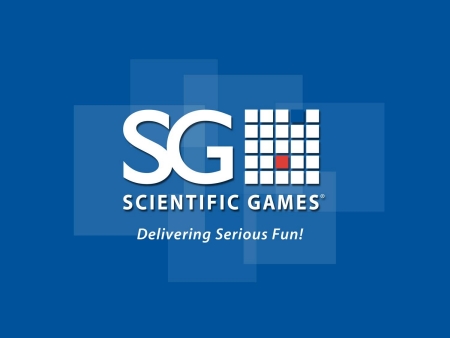 Scientific Games Corporation has announced that the Company has entered into a contract to be the primary supplier of instant ticket games and related services including game design, development and marketing for the New York Lottery.
Scientific Games Corporation has announced that the Company has entered into a contract to be the primary supplier of instant ticket games and related services including game design, development and marketing for the New York Lottery.
Following a competitive procurement process, Scientific Games was awarded a seven-year contract which was approved by the state of New York on August 15, 2011.
Under the terms of the agreement, revenue to Scientific Games will continue to be earned on a price-per-thousand tickets basis; however, in the new contract, Scientific Games will also receive a percentage of net sales less prizes for instant ticket game management and marketing, and will be entitled to earn incentive awards based on the lottery achieving benchmark levels of performance.
Gordon Medenica, Director of the New York Lottery said in the press release, “The final selection of Scientific Games as our primary printer was the result of a detailed evaluation process and a thorough analysis of the Company’s capabilities…We believe this new incentive-based contract structure is a win-win for New York’s school children as well as Scientific Games, a New York-based company.”
Jim Trask, President of the Printed Products Group for Scientific Games commented in the release, “We are excited to once again be chosen as the primary vendor by the New York Lottery, the largest of any jurisdiction in the U.S. and the third highest on a per capita basis…This new arrangement will enable us to fully utilize our innovative content and marketing to drive sales for the Lottery and help them grow profits for Education.”
The New York Lottery continues to be North America’s largest and most profitable Lottery, contributing over $3 billion in fiscal year 2010-2011 to help support education in New York State. The Lottery’s aid represents over 15 percent of total state education funding to local school districts.
In fiscal year 2010, the New York Lottery generated $6.8 billion in sales from traditional Lottery games, including $3.5 billion from its instant ticket business, while the lottery’s traditional business brought in $2.1 billion in profit for education.
